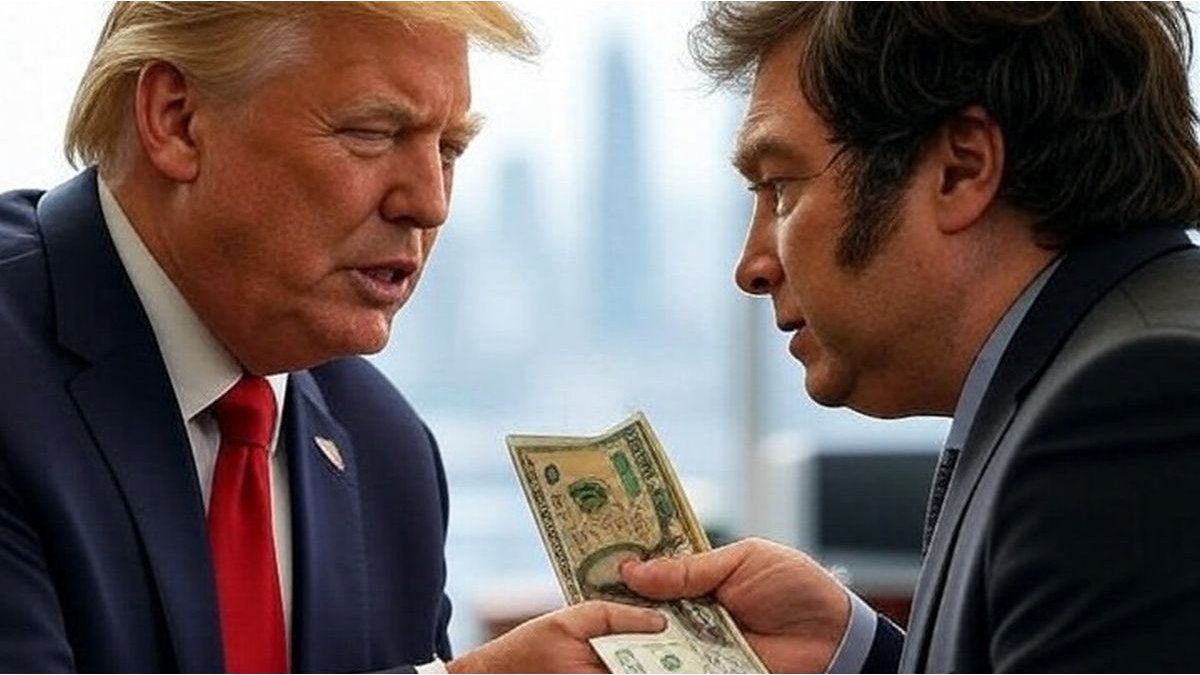“The worst fears have come true. There is war in Europe,” said portfolio manager Thomas Altmann of QC Partners in Frankfurt. The Russian invasion did not hit the stock exchanges unprepared, “but shock waves are still running through the capital markets”.
The Euro Stoxx 50 fell to 3,794.58 points by 12 p.m. with discounts of 4.50 percent. In Frankfurt, the DAX lost 4.74 percent to 13,937.66 units. The London FTSE-100 dropped 3.12 percent to 7,264.12 points. The CAC-40 lost 4.34 percent to 6,486.51 points in Paris. The Moscow Stock Exchange reported significant losses. The RTS Index recently lost 33.1 percent to 821 points.
The events are changing to crisis mode today, write the analysts at Helaba. “The hopes of market participants that Putin would be satisfied with the separatist areas and plan no further invasion have been dashed,” say the market experts. “Due to uncertainties and rising energy prices, the conflict is not without economic consequences.”
EU Commission President Ursula von der Leyen has announced new EU sanctions against Russia. This will stop Russian banks from accessing European financial markets. In addition, Russian assets in the EU are to be frozen and important sectors of the Russian economy are to be denied access to key technologies and markets.
Gas and oil prices have risen sharply
In view of the possible failure of Russian gas and oil exports, the prices of energy sources have risen sharply. The price for the North Sea variety Brent recently climbed to over 104.7 US dollars per barrel (159 liters). Industrial metals also gained. The aluminum used in automobile and aircraft construction gained around four percent on Thursday and, at $3,428 a ton, is more expensive than ever.
The war in Ukraine raises expectations about military spending. The shares of armaments companies benefited from this. At Rheinmetall, the share price increased by 3.1 percent. The British armaments group BAE Systems gained 5.9 percent.
After the sharp rise in oil prices, the Italian oil company Eni was the only positive value in the Euro Stoxx 50 to increase slightly by 0.6 percent. Total Energies, on the other hand, lost 3.9 percent.
In view of the tense geopolitical situation, corporate news took a back seat. Against the background of the war in Ukraine, price gains are hardly to be expected, even with good numbers. The world’s largest brewery, AB Inbev, is bracing for weaker earnings growth in 2022 after a strong year. The reason is the high raw material prices. Operating profit is expected to increase by four to eight percent in 2022, as the group announced on Thursday in Leuven, Belgium. The shares fell by a comparatively small 2.2 percent.
The German car manufacturer Mercedes-Benz has polished its balance sheet to a high gloss in the emergency situation of the global shortage of semiconductors. The first annual accounts after the separation from the truck division brought a net profit of 23.4 billion euros, almost six times as much as in the previous year. Nevertheless, the Mercedes papers fell by 5.3 percent.
The titles of Europe’s largest software group SAP also lost 3.9 percent despite an announced strong dividend increase.
Left
Source: Nachrichten




